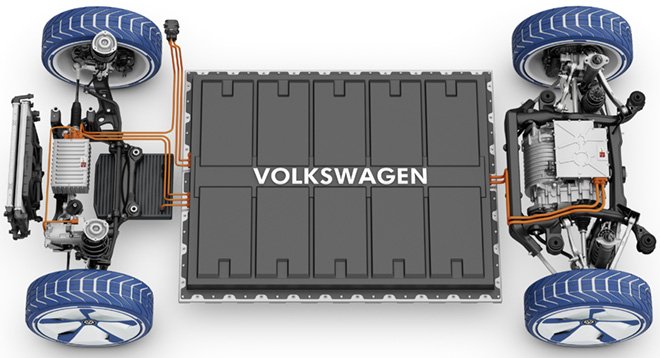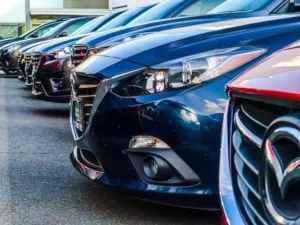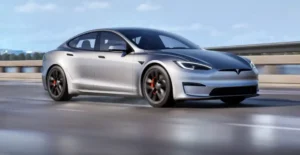The Volkswagen Group has invested some €3 billion in “alternative” drive technologies over the past five years, and plans to triple this amount over the next five years, said CEO Matthias Müller at the company’s Annual General Meeting in Hanover.
By our calculation three times €3 billion is about €15. billion. That’s a lot of money.
“The future is electric. We intend to be the number one in e-mobility by 2025,” said Müller. “At the same time, the Volkswagen Group is continuing to develop diesel and petrol engines, making them even more efficient and eco-friendly…Conventional engines will remain indispensable for the foreseeable future.”
“In order to provide affordable, sustainable mobility on a large scale we will continue to deploy the complete spectrum of drive types: from conventional to fully electric”, Müller said, outlining the Group’s drivetrain strategy. He explained that the 12-brand Group is sending clear signals for the expansion of e-mobility. The Group has invested some three billion euros in alternative drive technologies over the past five years and will be tripling this amount in the course of the next five years.

“This is how the Group will be rolling out more than 10 new electrified models by the end of 2018. By 2025, we will be adding over 30 more BEVs.” The newly-established Center of Excellence in Salzgitter will bundle Group-wide competence in battery cells and modules. “At the same time, we are conducting intensive negotiations to establish partnerships in the field of battery cells in Europe and China. You will soon be hearing more about this”, the CEO added.
According to Müller, modern internal combustion engines will nevertheless be indispensable for the foreseeable future: “This applies also and especially to the Euro 6 diesel, despite the current heated debate.” In total, the Volkswagen Group will be investing around 10 billion euros in these technologies by 2022, Müller: “The internal combustion engine primarily is part of the solution, not part of the problem.” And he added: “124 years after it was invented, the diesel engine still has plenty of potential. And we intend to exploit that potential. By 2020, we will have made our internal combustion engines between 10 and 15 percent more efficient, and therefore also cleaner. This will help protect the environment and conserve resources.”
Notwithstanding the diesel crisis, Volkswagen is well prepared to face fundamental change in the automotive industry. “In the last fiscal year, we laid the foundations for the most extensive transformation in the history of Volkswagen. And we put up an operative performance that was much better than many people had thought possible”, Müller said: “For 2017, it’s now ‘full speed ahead’!”
Looks very much VW are on an EV roll!
Source VW News



